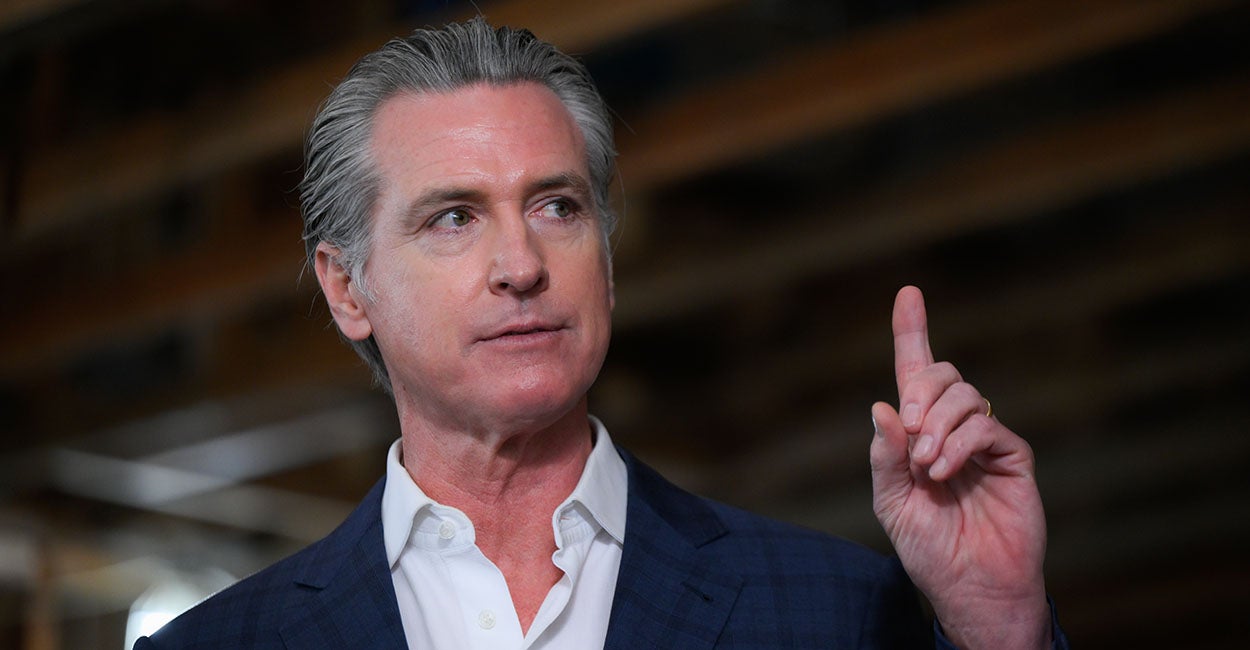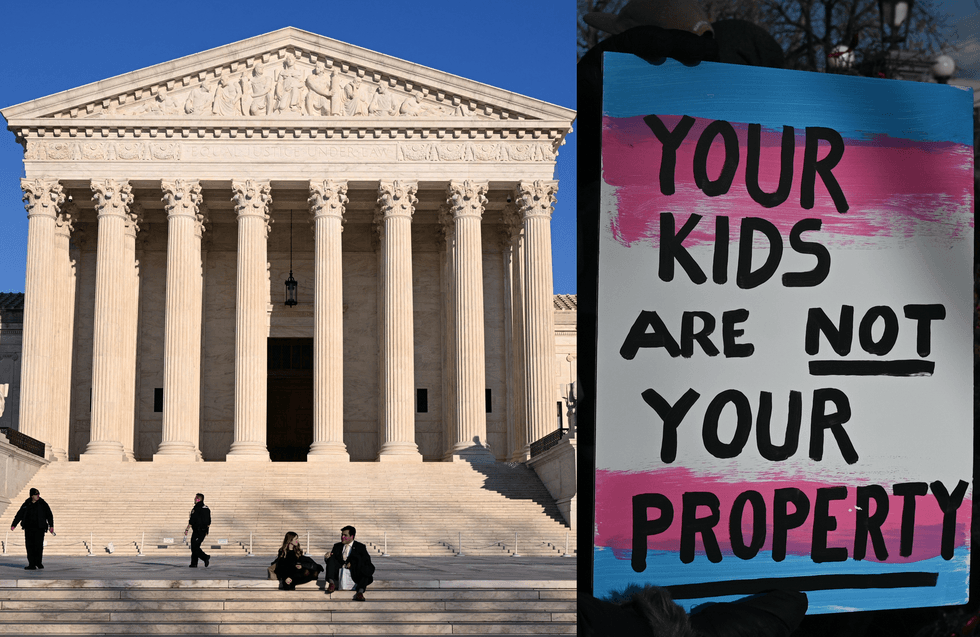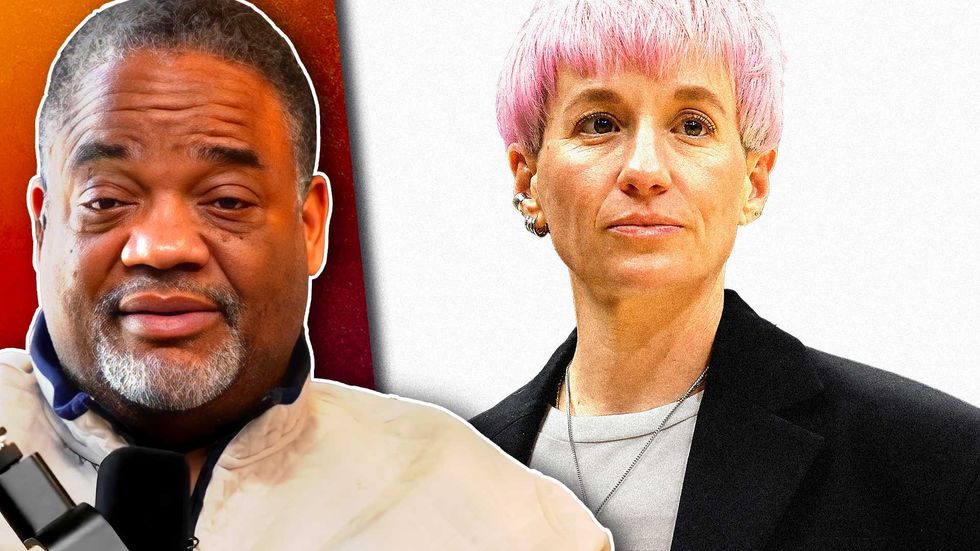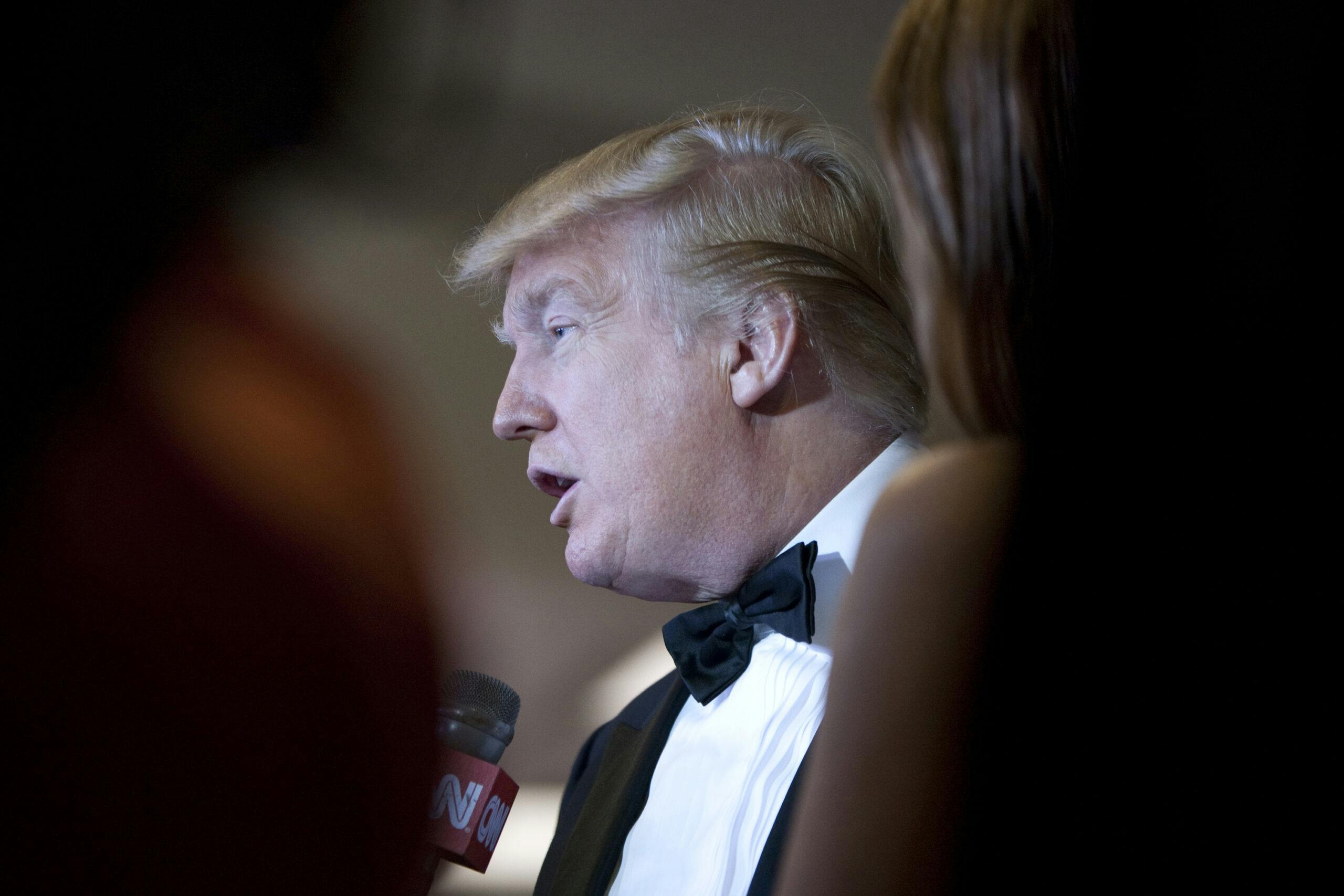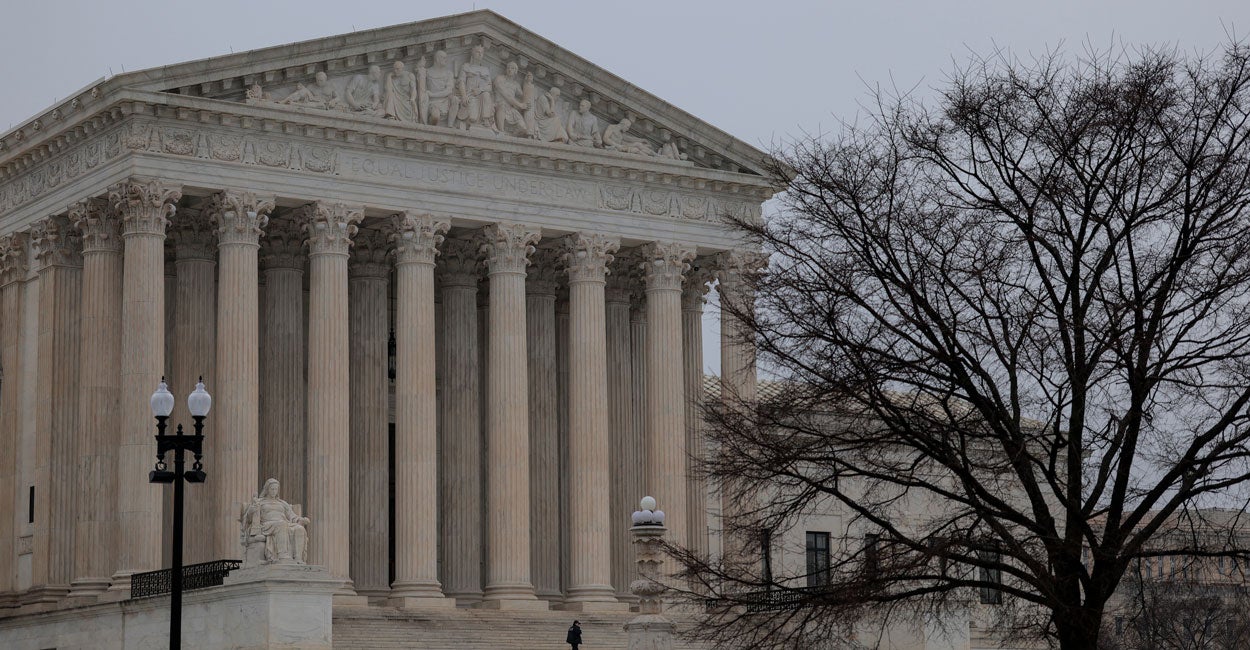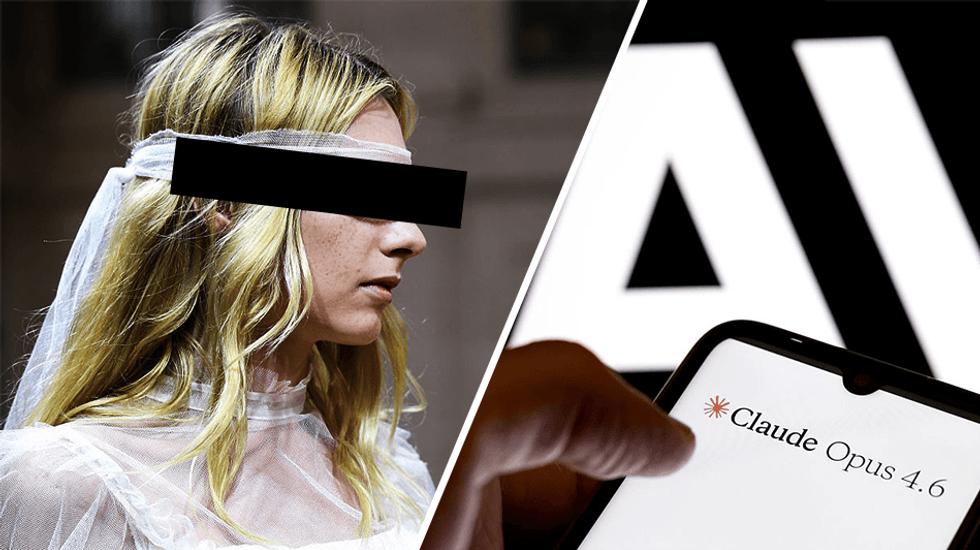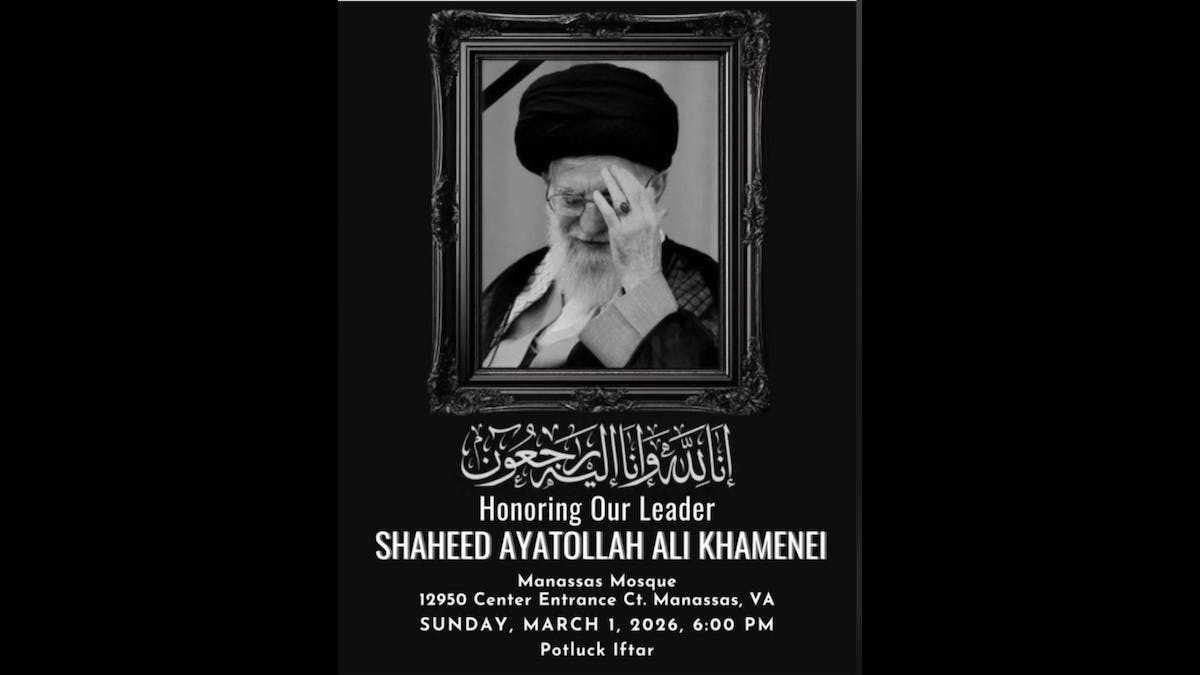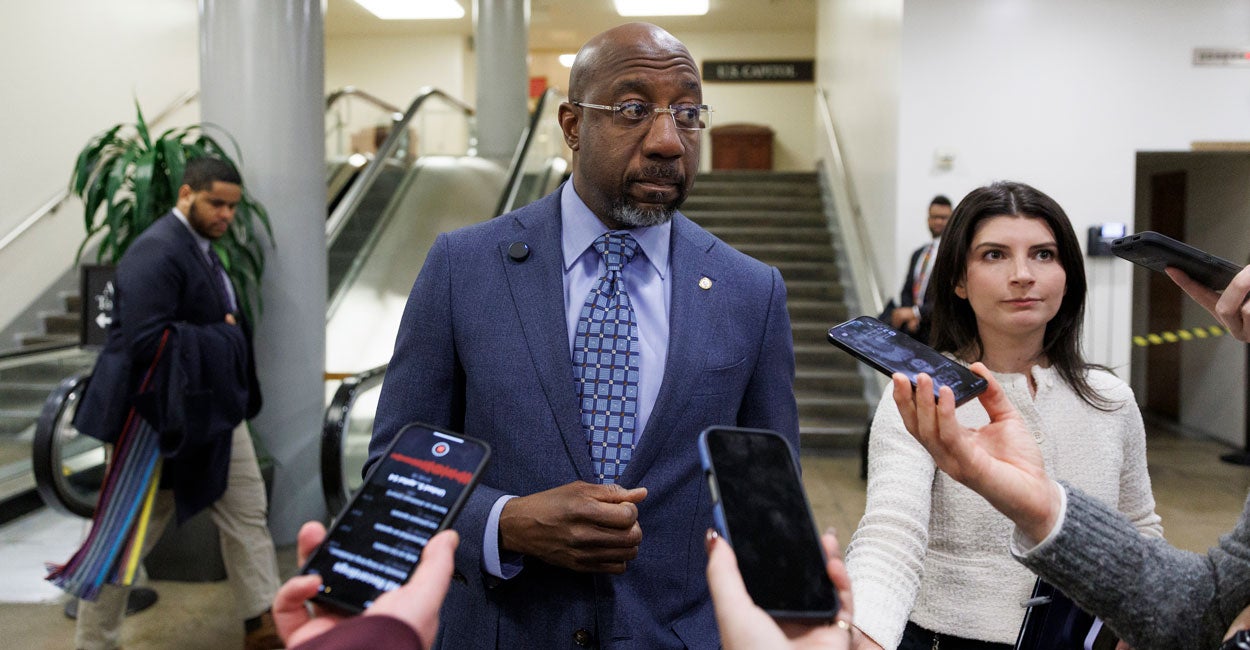Tolkien’s forgotten lesson: Evil wins when good men refuse to rule

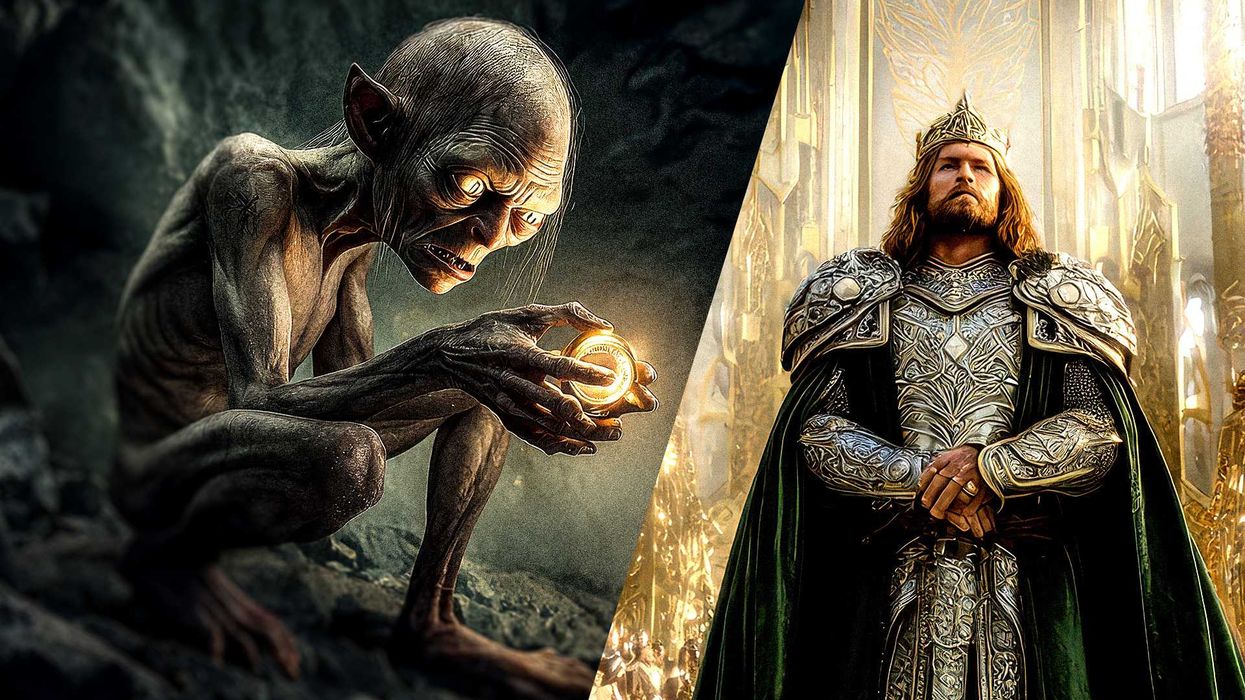
Since the assassination of Charlie Kirk, Auron MacIntyre, BlazeTV host of “The Auron MacIntyre Show,” has been calling for conservatives to get serious about crushing left-wing violence. Inaction, he’s warned, will only invite escalation. That’s why as a political party, we must insist that the Trump administration dismantle Antifa, impose severe consequences on those inciting or celebrating murders, and wage economic war via regulatory and legal levers against complicit media.
Live Your Best Retirement
Fun • Funds • Fitness • Freedom
In other words, the Trump administration needs to use its power to obliterate left-wing chaos.
Auron gets quite a bit of pushback for this stance. Many will use J.R.R. Tolkien’s “The Lord of the Rings” trilogy to argue against the use of power to quell evil. “The one ring is dangerous. ... You must reject the call of power because ultimately power corrupts and destroys and divides,” they say.
But Auron says this is a “shallow reading” of the father of modern fantasy’s three-volume series. “Ultimately, while yes, there is a message about power in there, there’s also a message about right authority. The last book is, of course, called ‘Return of the King,’ and this is seen as a good thing,” he counters. “So it doesn’t look like Tolkien is ultimately rejecting the use of power, but he does have some very important things to say about the nature of power.”
To discuss this important distinction, Auron speaks with Evan Cooney, the host and creator of “The Middle-earth Mixer” — a popular podcast that dives into J.R.R. Tolkien's lore, themes, and Middle-earth universe.
For starters, Tolkien was adamantly opposed to allegory, meaning that the one ring cannot be said to symbolize power alone. Further, in the books, “There is lawful use of lawful authority, which translates to power, that many characters have and have permissions to do so by the creator god Ilúvatar, and then there are characters who commit unlawful use of unlawful authority, and Sauron creating the one ring would be a perfect example of that,” says Cooney.
Auron points to Aragorn, the rightful king of Gondor, as an example. Initially, Aragorn, using the name Strider, runs from his destiny. “And because he's not in that position of the true king, there are others who are less worthy who are ruling in his place,” says Auron. This is seen by characters and readers alike as a bad thing. Aragorn must wear the crown and wield the sword and scepter, as this is what pushes back darkness and brings order to Middle-earth.
Cooney, unpacking Aragorn’s lineage all the way back to Isildur, who initially took the ring of power from Sauron, says, “This shirking of responsibility from everyone involved and [Arvedui’s, the last king of the North] inability to take power created the political disaster that made for why men were so weak by the time you get to the ‘Fellowship of the Ring.”’
“Ultimately, Tolkien recognizes that power will exist, that this void will be filled, and if it's not filled with the appropriate people, the worthy people, those who belong in the line ... you will be ruled by inferior men,” says Auron. “It's not that you won't be ruled; it’s that the stewards are there instead of the kings.”
In the kingdom of Gondor, Denethor — a steward charged with holding the throne in trust until the king returns — is consumed by pride and despair. He refuses to rally with allies, distrusts Aragorn’s claim to the throne, and abandons the city in its darkest hour.
In Rohan, however, King Théoden, who Cooney says is Denethor’s character foil, shows us what it looks like to wield power rightly. With the help of Gandalf, he exiles his corrupt adviser, Gríma Wormtongue — “the quintessential archetype for the sneaky government bureaucrat,” says Cooney — and rides out and meets Sauron’s army in the Battle of the Pelennor Fields.
The exile of Gríma, says Auron, is a lesson for our current government: “The council [of bureaucrats] is paralyzing. It's meant to be paralyzing. It's meant to stop you from taking your rightful authority and taking the honorable action, and you have to remove that influence.”
Once evil advisers have been banished, the next step is to step fully into the role of rightful power. After Gríma is exiled, the first thing Gandalf has Théoden do is pick up his sword. “Your fingers would remember their old strength better, if they grasped your sword,” he tells the old king.
“It’s a very moving symbol,” says Auron.
“What stirs the king back to a noble action is he has to feel the weight of the instrument of his office. The rightful sword he has been entrusted with as the civil magistrate has to be felt in his hand before he can once again truly return to who he is and behave honorably.”
To hear the full conversation, watch the episode above.
Want more from Auron MacIntyre?
To enjoy more of this YouTuber and recovering journalist's commentary on culture and politics, subscribe to BlazeTV — the largest multi-platform network of voices who love America, defend the Constitution, and live the American dream.
Originally Published at Daily Wire, Daily Signal, or The Blaze
What's Your Reaction?
 Like
0
Like
0
 Dislike
0
Dislike
0
 Love
0
Love
0
 Funny
0
Funny
0
 Angry
0
Angry
0
 Sad
0
Sad
0
 Wow
0
Wow
0
